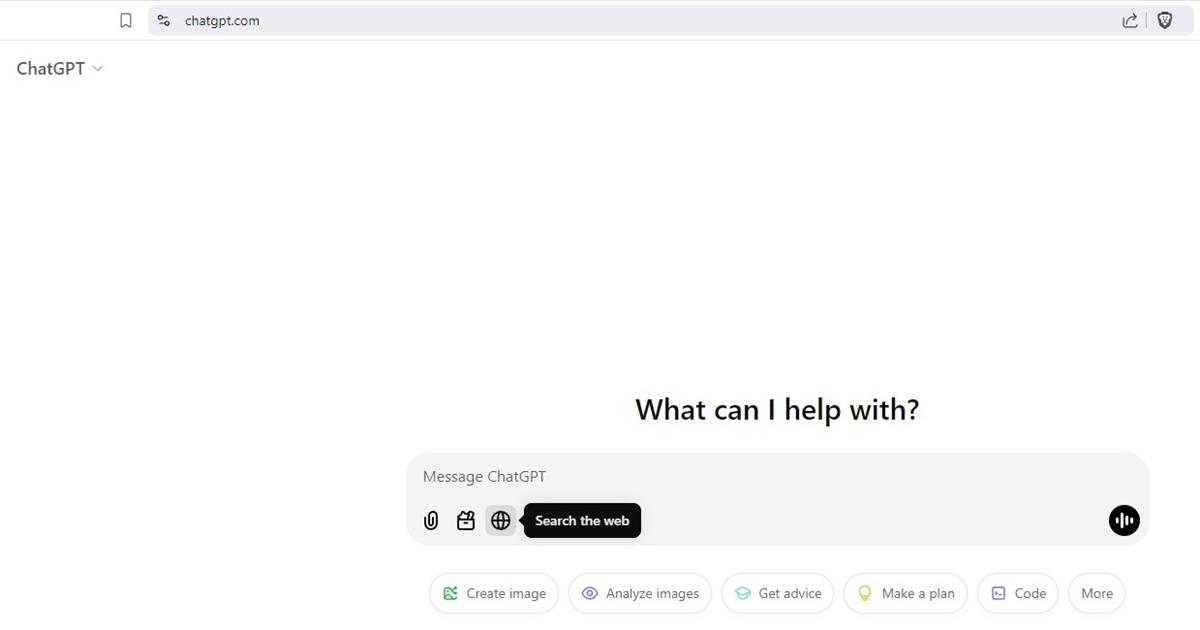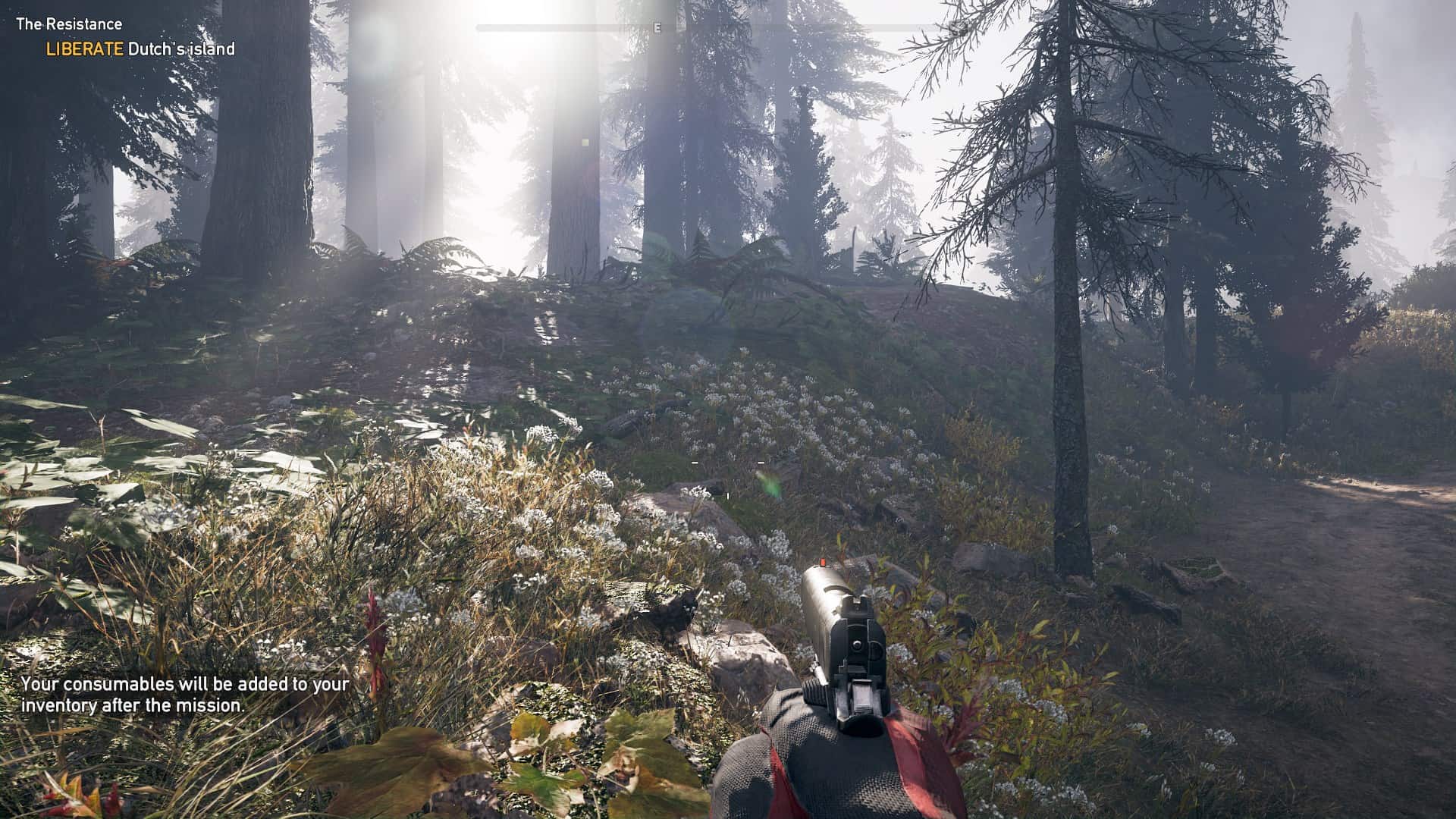Google Rolls Out Search Update To Combat Web Spam

As a webmaster, I'm often affected by updates to Google's search algorithm. Updates that try to resolve issues with low quality sites, web spam or sites that are tampering with the system have affected websites and thus also webmasters who should not have been affected. With every Google search update there is a chance that a site gets hit that should not got hit in the first place. And got hit in this regard means that rankings drop in the search engine, which leads to reduced visits and everything that goes along with it.
Two days ago Google began to roll out an update to combat web spam. The announcement posted on the official Google Webmaster Central Blog by the leader of Google's anti-webspam team Matt Cutts explains what Google is trying to accomplish with it.
In the next few days, we’re launching an important algorithm change targeted at webspam. The change will decrease rankings for sites that we believe are violating Google’s existing quality guidelines. We’ve always targeted webspam in our rankings, and this algorithm represents another improvement in our efforts to reduce webspam and promote high quality content.
He then posts two examples, one of a page that is using keyword stuffing techniques, the other of a site that using spun text and outgoing links that are not contextual.
While it is premature to look at the sites that were affected by the updated, and sites that actually benefited from it, it is fair to say that the webmaster community is panicking. According to Google, the update should impact about 3.1% of all search queries, which is about a fourth of what the Panda update impacted. The web spam update seems to affect visible keywords more than it affects the long tail, which seems understandable as those are the money keywords that many webmasters are after.
Search Metrics has posted a preliminary list of winners and losers, based on 50,000 monitored keywords. When you look at the winners, you will notice that many brands gained visibility. This includes newspaper and magazine sites, as well as high profile sites like Drupal or Spotify.
In terms of sites losing out, we are seeing several sites that aggregate information, but also sites that one would not have expected in the list. Among those sites are last.fm, techdirt, geek or cultofmac.
The comments underneath the official announcement are criticizing Google for having affected sites that did not use spam techniques for better search engine rankings. While it is not possible to verify the claims of the commenters as barely anyone posted a site url, it is fair to say that the sheer mass of comments on the site could indicate a issue with the update.
Some have also pointed out that this update paves the way for something that is called negative SEO. This is a blackhat technique that creates spam signals to push a site either down in the rankings, or out of the search engine completely. How it is done? For instance by creating many identical links that point directly to the site, buying lots of fake reviews for a businesses Places listing to trigger a web spam filter, and other activities that trigger filters and manual reviews. According to this forum post, it seems to work.
If you look at respected webmaster forums and sites, you will notice page long discussions about the new Google search update. Good starting points are the Webmaster World thread, the thread over at the Warrior Forum, or the thread at Traffic Planet.
Webmasters post if and how their sites have been affected by the update, and discuss if the update has increased the quality of search results.
Again, it may be too early to tell, as it is likely that the update has not yet been fully processed. What's your impression of the quality of Google's search results? And if you are a webmaster, have your sites been affected by the update?
Advertisement



















As for Google, I’m often fed up by sites, trying to sell me something when I don’t want to buy anything, and by so-called “aggregators” too.
Example: I look up for news article “New law bill 8214 forbids cookies”, and get on first positions results not on article, but to sites-aggregators, where there is only link to the article, but no article itself (maybe not common issue for English searches, but frequent for Russian ones).
Also sometimes I get “site search results” page containing no results I looked for, just keywords
I.e. you googled “John Dow book Foo Bar” and got in results “MegaSupaSite search results for John Dow book Foo Bar” where there is nothing about books of John Dow, just keywords “John”, “Dow”, “book”, “Foo” and “Bar” and books found by one keyword of set.
If there will be less of such sites in results, or they will be lower, results will be better, I think.
…and i googled “John Dow book Foo Bar” to get the link of this page on the top position….Something is seriously wrong with google !!
And that is because you all make a typo!
It is John Doe, not John Dow
Hi again.
I wrote you few days ago with the Firefox… inspect element…
Anyway, regarding to this update made by Google.
One of my site has drop from 2nd place to 9-10th place.
Others are a little bit up.
All of them are on the same niche.
Anyway, my proposal to Google Search team is to try to find an algorithm to promote sites that have quality content … doesn’t matter how old they are and one great thing would be to try to sort or promote some sites manually, by humans not by some algorithms.
Also sites that publish daily new GOOD (QUALITY) content should be in front of old content that is TOTALLY OUTDATED.
Maybe should try to categories they search results by niches.
Regards,